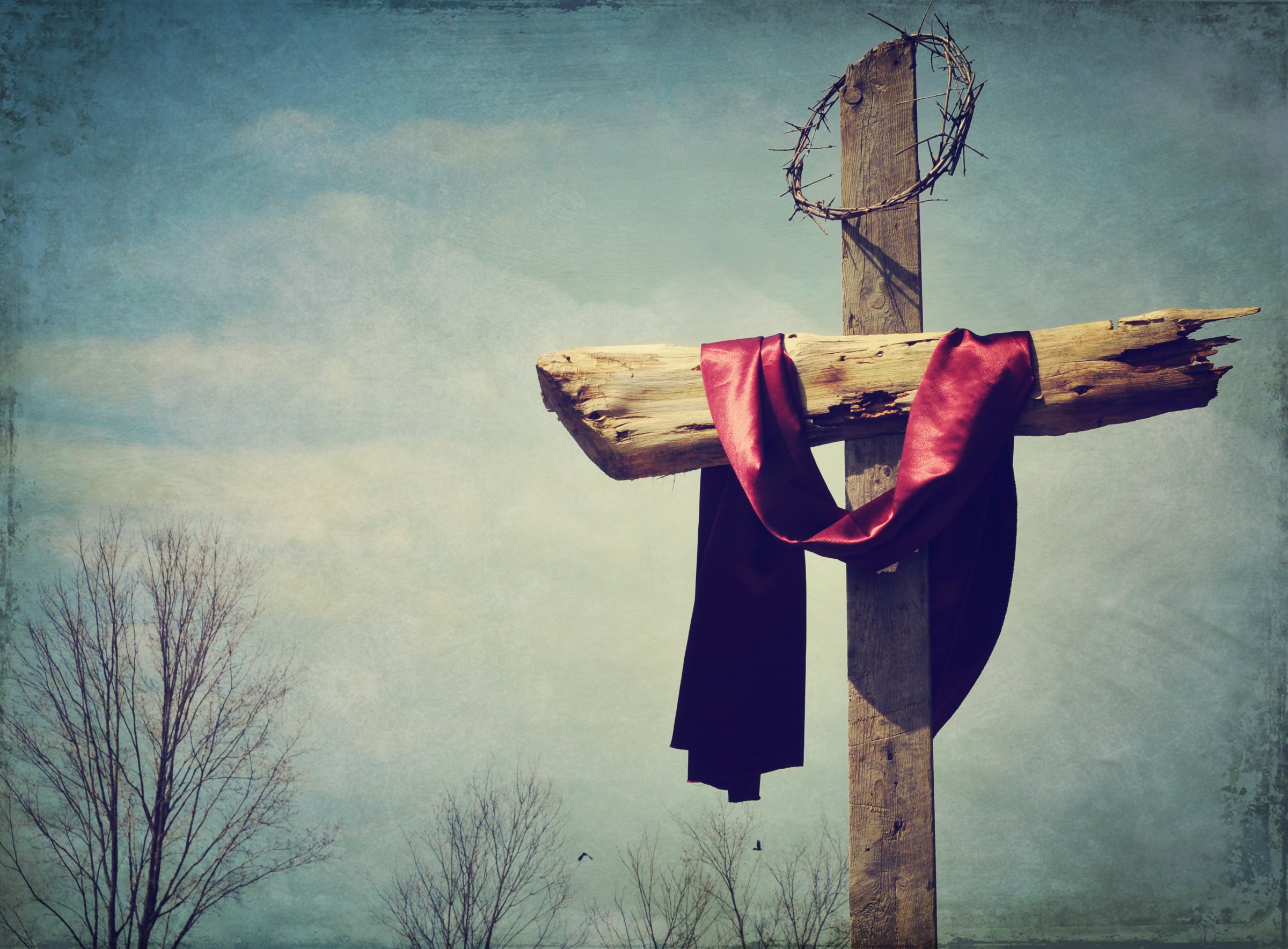
As Christians around the world mark Good Friday today, they do so in changing times. In an increasingly diverse Christian environment, there is much ambivalence towards what is seen as a strange celebration of Jesus’s execution on the cross by the Roman authorities. Critics remind us that Easter—not Good Friday—is the centerpiece of the Christian story. As St. Augustine famously said: “We are Easter people, and ‘alleluia’ is our song!”
Their concerns are fair. We must not become Christians whose lives are devoid of Easter hope. But we also must not become Christians who ignore the cross of Christ, because to ignore his cross is to be blind to the sufferings all around us and to the brokenness that is present in our own hearts.
We mustn’t be naïve: the pain is everywhere. We are constantly bombarded with the sufferings of modern society by a media that seems to present it to us with a perverse enjoyment. The suffering play out on our television screens, in our communities, in our homes and most especially in our lives and in our own hearts. Yet too often we aren’t moved by it. As Pope Francis lamented last summer, we are society that has forgotten how to weep.
Perhaps we’ve forgotten how to weep because the cross of violence and pain that most afflicts us today is somewhat hidden. It’s the pain caused by the invisible violence of a government that again and again fails to serve its people, of an immigration system that denies millions of aspiring Americans their dignity, of schools without books and homes without heat in the winter. It’s the violence that afflicts the poor, that poisons relationships between communities and nations, that allows for a slow decay of culture and makes us indifferent. Though not as noticeable as a bomb or a gunshot, these realities are just as deadly.
But the cross isn’t just present in society. It exists just as profoundly in our own lives. Good Friday allows us to admit our own destructiveness, our own vanity and our own failures. Too often we have built our lives on the misfortunes of others. Too often we have preached peace and justice for the world, but have practiced hate and indifference in our own homes and communities. And too often we have ignored the suffering of our families, our friends and our neighbors because of how busy we imagine ourselves to be.
Acknowledging the cross of Jesus allows us to address these realities of the human condition. When we end the carnival dance and remove our masks, we will see the truth: something is not right in ourselves, in society and in the Church. Perhaps we will even see that evil and sin are real, and are staining every part of us and the world we live in. Then with the Psalmist, we can cry out: “forgive us, Lord, for we have sinned!”
But the cross doesn’t just stand as a distant critic. It gives us a sense of who God really is. In Jesus, God enters into the fullness of human dysfunction. In the story of Jesus’s passion and death, we see all of human brokenness on display: greed, violence, hatred, injustice and disloyalty. But we also see that Jesus enters into all of it, and redeems all of it. He goes all the way down to bring all of us up. No one is left behind.
This is the compelling story of Christianity. It isn’t simply a spiritual tradition devoid of meaning. It isn’t a spa therapy that helps us reduce our stress. At the core, it is a human encounter with a person who endured temptation, suffering and death on a cross to redeem the entirety of the human race. A Christian faith with just banners and balloons and without a cross is boring and superficial. It provides no meaning to people beyond childhood. It doesn’t give us a sense of how to deal with darkness, pain and suffering. This is where the drama of life occurs, and this is where the faith matters.
It’s pretty clear: Easter without the cross is superficial, just as the cross without the Easter is unnecessarily gloomy. We need both. Today, the Church invites to undertake the paschal mystery of Jesus, a journey that includes the cross. The road is uncomfortable, but it isn’t sterile. With Jesus, we can change, turn around and be converted. And with his cross, our Easter joy can be complete.
Christopher Hale is a senior fellow at Catholics in Alliance for the Common Good. He helped lead national Catholic outreach for President Obama’s re-election campaign. You can follow him on Twitter@chrisjollyhale.
More Must-Reads from TIME
- Donald Trump Is TIME's 2024 Person of the Year
- Why We Chose Trump as Person of the Year
- Is Intermittent Fasting Good or Bad for You?
- The 100 Must-Read Books of 2024
- The 20 Best Christmas TV Episodes
- Column: If Optimism Feels Ridiculous Now, Try Hope
- The Future of Climate Action Is Trade Policy
- Merle Bombardieri Is Helping People Make the Baby Decision
Contact us at letters@time.com